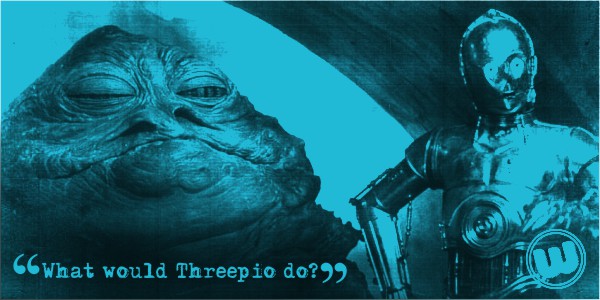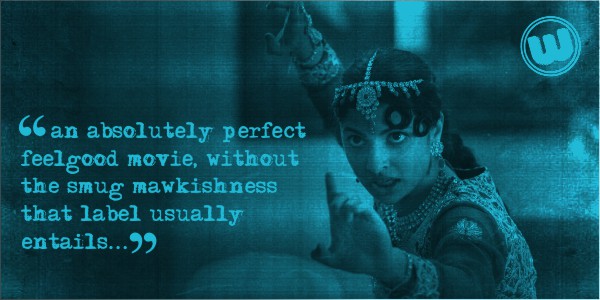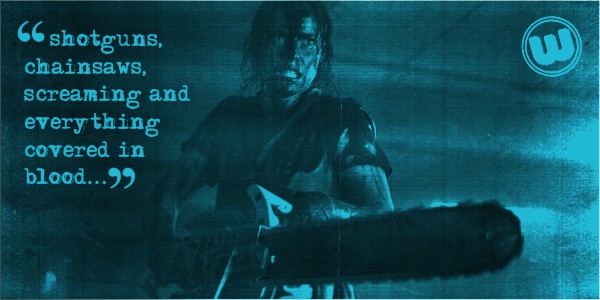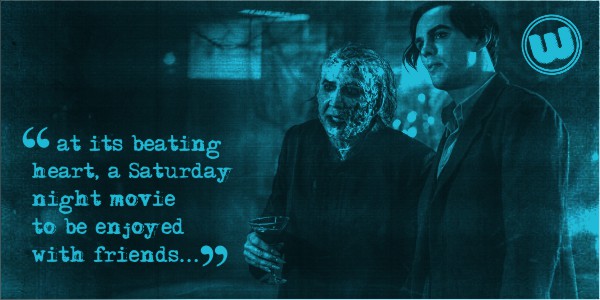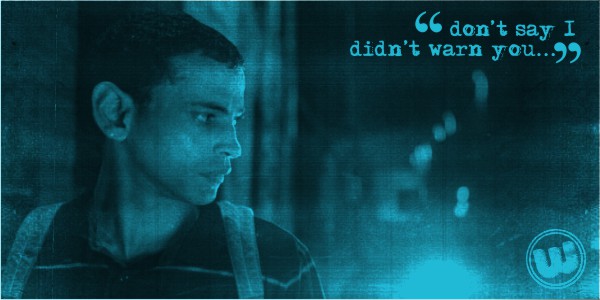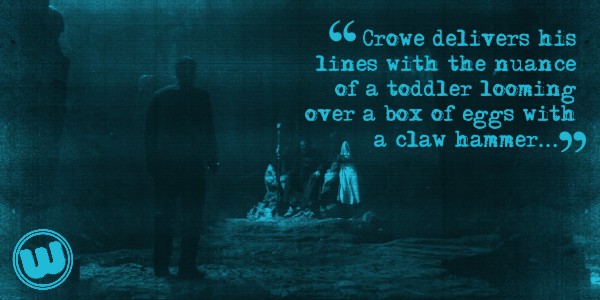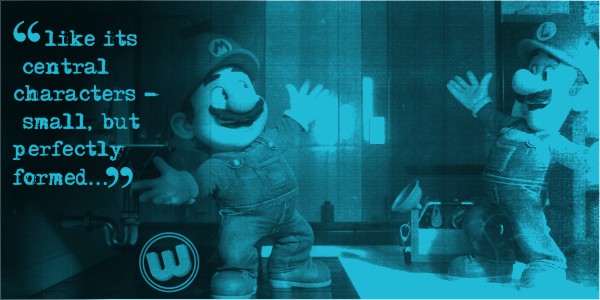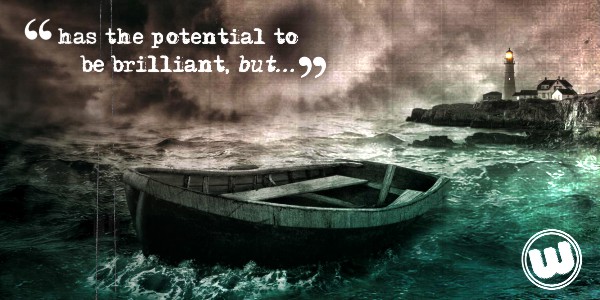
When Darkness Falls: A Ghost Story
Oxford Playhouse / Wednesday, 19 April 2023
100 mins / Dir. Paul Morrissey / Trailer
The usual enormous caveat applies here: I'm not a theatre reviewer. I am, however, a paying consumer of presented narrative entertainment where there's no pre-required benchmark of stagecraft knowledge or audience entrance exam*1, so make of all this what you will.
Written by James Milton and Paul Morrissey, When Darkness Falls is, ostensibly, an intimate two-hander in which John Blondel (Tony Timberlake), a middle-aged academic with a love for folklore and social synchronicity, waits in his Guernsey office one stormy night for the arrival of a guest for his new history podcast. When 'The Speaker' (Thomas Dennis) turns up, his agitated demeanour challenges the sceptical John to listen to four tales of local hauntings, with a promise that he will believe in ghosts by the end...
LEVEL
Before the first word has even been spoken on stage, an intuitive level of immersion has already taken place for the audience. In the theatre foyer - and in addition to the programmes which are on sale - a staff member hands out copies of The Guernsey Historical Society's 'Now & Then', a one-sheet fictional in-universe newsletter that introduces John and what he's hoping to achieve with his podcast (as well as cannily explaining what a podcast is for members of the audience who are out of that loop).
In the auditorium itself, extracts from John's first/pilot podcast play over the PA as the viewers await the start*2, and the stage bears no curtain. Justin Williams' expertly cluttered, ramshackle set stands open for all to see - the lone room in which everyone present is now trapped, ghosts themselves. As the audience members wander in to find their seats*3, John potters around the kitchenette area of his messy office, and with this the audience are surreptitiously drawn into the world of the story without fanfare.
The play's opening-proper is low key and naturalistic, as John continues to fuss around and gives us a hint of the domestic tumult he prefers to avoid by using his office as a cocoon and sanctuary. Plot markers are dropped into the script to be gathered together in the final act, and when The Speaker arrives in a state of slight disarray this continues in good pace. But by this point, the niggles have started.
THE KUMARS AT No
That Timberlake and Dennis' performances feel a little stagey is not necessarily a criticism (they are literally on a stage, after all), but it is notable. What's more of a problem is that the entire evening is delivered without microphones, relying instead on the actors' theatrical projection. And they can both project. But when an actor is bellowing to a 660-seat theatre so that they can be heard at the back of the stalls, this completely derails the atmosphere of confidentiality and dread that's been so carefully built in such a short time. It also means that lines delivered when a character faces the back of the stage in moments of anguish are destined never to make it back to the viewer.
It's not that there's no PA system, obviously. In addition to the pre-show audio, we get storm sound effects, tape recordings of parapsychology sessions and audio-ambience for the ghost stories which lapse into external flashback tales also portrayed by the two actors. There's just no produced sound for the 95% of the show which is their dialogue. Which means there are no 'quiet' lines. Which means that the psychological impact of the final stretch when all is devolving into chaos is lessened, because they've basically been shouting throughout the evening anyway.
There are critical nuances of the interwoven stories which get lost when they're presented with this relentless energy, and I confess that my journey home with Mrs Blackout was essentially me trying to unpick the details from the noise, and piece together an ending which is nowhere as neat as the production seems to think it is. Ultimately, I think I'd like to have seen the play in a smaller room and at something of a slower pace.
When Darkness Falls gets so many things right and has the potential to be brilliant, but hand on heart I don't believe I saw the best version of it. I went in with an open mind and came out with a sceptical one*4. And I'm pretty certain that's not what this play is really for...

*1 For what it's worth, I did do Theatre Studies at A-Level. I mean, I failed it monumentally but that's not the point. Just don't assume I've never smelled the greasepaint... [ BACK ]
*2 I loved the idea of this as a feature of the show's setting, however: having the voice of one man speaking non-dramatically at conversational levels while 660 people fidget, mutter and rustle their way to the opening is, frankly, a fucking waste of time. You can't hear what's being said, and the recordings don't appear to be online on the show's website. [ BACK ]
*3 No easy task in the dim half-light of this show's ambient state, and Oxford Playhouse's apparent aversion to clear row-lettering... [ BACK ]
*4 Without wading into spoilers (and this footnote will only make sense to people who've watched the play), the end result seems to be the story of someone who was determined to do A Thing even though he was told by everybody that doing The Thing would be unwise, stupid and dangerous to himself and the people around him. The man went ahead and did The Thing, it went really fucking badly, and then the man spends the rest of his time blaming anyone who'll listen for him doing The Thing rather than accepting responsibility for his own actions and impetuous nature. What I'm asking is, is this a metaphor for Br*xit?
[ BACK ]
DISCLAIMERS:
• ^^^ That's dry, British humour, and most likely sarcasm or facetiousness.
• Yen's blog contains harsh language and even harsher notions of propriety. Reader discretion is advised.
• This is a personal blog. The views and opinions expressed here represent my own thoughts (at the time of writing) and not those of the people, institutions or organisations that I may or may not be related with unless stated explicitly.

